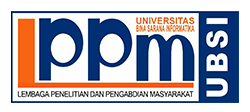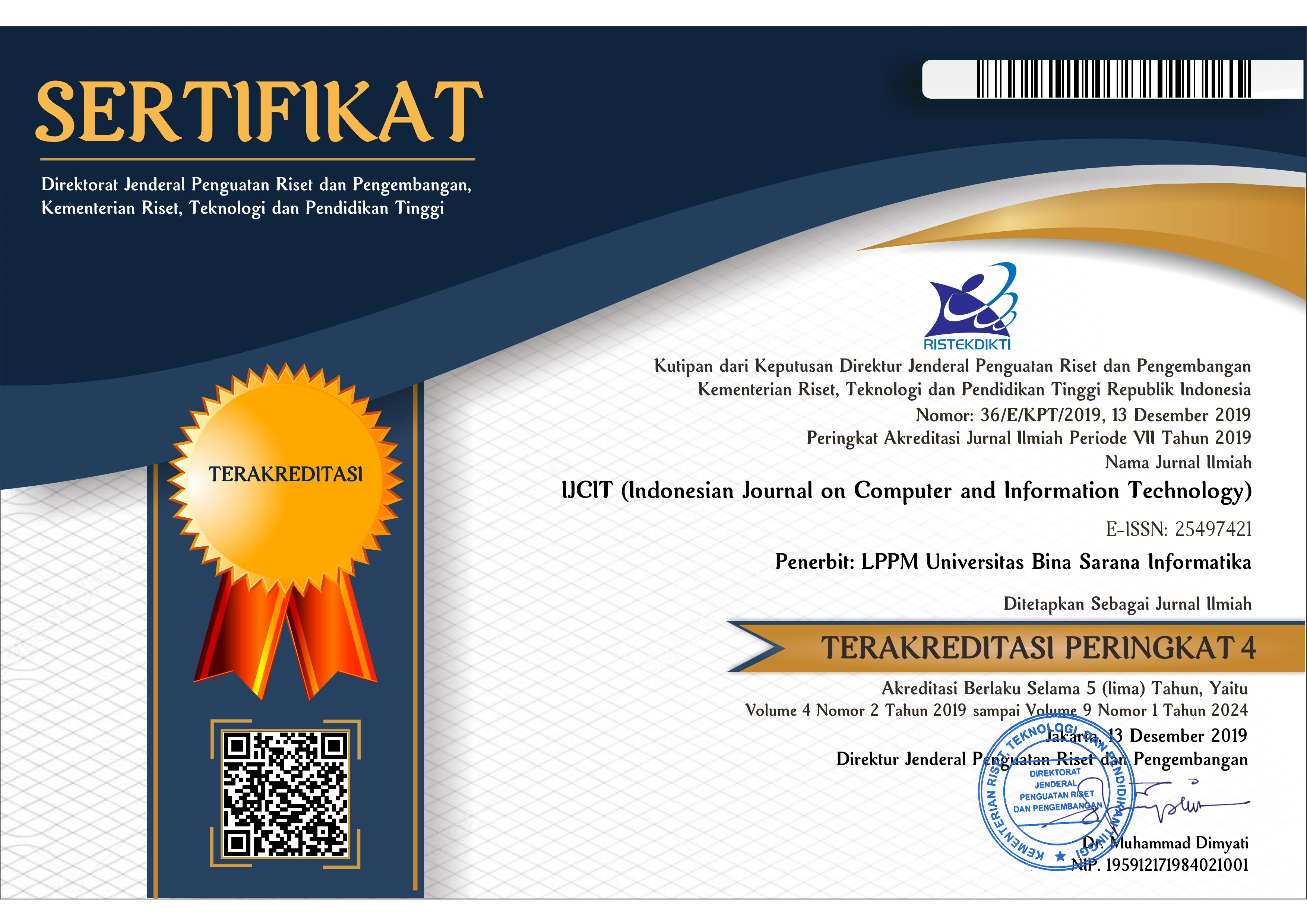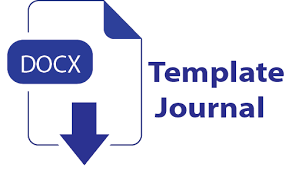Menilai Sikap Siswa Tahun Pertama (Mahasiswa Baru) Menuju eLearning
Sari
Kurangnya kesamaan dalam sikap pembelajar dan dosen sehubungan dengan penggunaan sumber daya online atau eLearning bersama dengan e-Metodologi tetap ada, meskipun ada kemajuan teknis. Para penulis telah mengembangkan dan mengelola kuesioner untuk menilai sikap dan persepsi peserta didik yang relevan (n = 60) terhadap instruksi online di Lembaga swasta, yaitu, Rajeev Gandhi Memorial College of Engineering and Technology (RGMCET) di India, sebuah lembaga yang mapan di negara ini. Tanggapan terhadap dua puluh item menjadi sasaran analisis faktor eksploratori dengan beberapa faktor yang muncul diberi label sebagai sumber daya teknis, self-efficacy, penyelarasan strategis, dan kesesuaian kontekstual. Perbedaan ditemukan antara program Ilmu Komputer dan Teknik (CSE) dan Teknik Elektronik dan Komunikasi (ECE) dengan eLearning online dan instruksi dan durasi pembelajaran. Hubungan antar faktor termasuk efikasi diri internet dan implikasi praktis yang mencakup desain Kursus dan fasilitas Internet.
Kata kunci: eLearning, ICT, pendidikan, sikap peserta, teknik komputer, wawancara terstruktur
Abstract
The lack of similarity in the attitudes of learners and teachers with respect to using online or eLearning resources along with e-Methodologies persist, despite technical advances. The authors have developed and administered a questionnaire to assess pertinent attitudes and perceptions of learners (n=60) toward online instruction at a private Institution, namely, the Rajeev Gandhi Memorial College of Engineering and Technology (RGMCET) at India, an institution that is well-established in the country. Responses to twenty items were subjected to exploratory factor analysis with a few factors emerging labeled as technical resources, self-efficacy, strategic alignment, and contextual suitability. Differences were found between the programs of Computer Science and Engineering (CSE) and Electronic and Communication Engineering (ECE) with online eLearning and instruction and the duration of learning. Relationships among factors include Internet self-efficacy and practical implications which include Course design and Internet facilities.
Keywords: Computer Science, Education, eLearning, ICT, Learners’ attitude, structured interview
Teks Lengkap:
PDFReferensi
Babu, N. S. C. "Quality Assurance Framework for e-Learning," ELEL Tech, India, 2005.
Chen, C. M. (2009). Personalized e-learning system with self-regulated learning assisted mechanisms for promoting learning performance. Expert Systems with Applications, 36(5), 8816-8829.
Chua, B. B. and L. E. Dyson, "Applying the ISO 9126 model to the evaluation of an e-learning system," in Proc. of ASCILITE, 2004, pp. 5-8.
Cotterall, S. (1995). Readiness for autonomy: Investigating learner beliefs. System 23(2), 195-205.
Darling, L. "Your ELearning Strategy: Make sure it's learning for results," Training, vol. 39, p. 2, 2002.
Eagly, A.H. & Chaiken S. (1993). The Psychology of Attitudes. Harcourt Brace Jovanovich College Publishers.
Finch, A. E. & Hyun, T. D. (2000a). Now you’re talking! Seoul: Hakmunsa.
Finch, A. E. & Hyun, T. D. (2000b). The way ahead. Seoul: Hakmunsa.
Ivergard. T and B. Hunt, "Towards a learning networked organisation: human capital, compatibility and usability in e-learning systems," Applied ergonomics, vol. 36, pp. 157-164, 2005.
Jenkins, M. & Hanson, J. (2003). E-learning Series: A Guide for Senior Managers, Learning and Teaching Support Network (LSTN) Generic Centre, United Kingdom.
Katz Daniel. “The functional approach to the study of attitude” Public Opin Q (1960) 24 (2): 163-204.
Kamba, M "Problems, challenges and benefits of implementing e-learning in Nigerian universities: An empirical study," International Journal of Emerging Technologies in Learning (iJET), vol. 4, 2009.
Krejcie, R. V. & Morgan, D. W. (1970). 607 Small-Sample Techniques. The NEA Research Bulletin, Vol. 38 (December, 1960), p. 99.
Kurniawati, F. (2014). Sikap, pengetahuan, dan strategi pengajaran guru terhadap siswa dengan kebutuhan pendidikan khusus dalam pendidikan inklusif primer di Indonesia [S.l.] s.n.
Likert, R. (1932), “A Technique for the measurement of attitudes”, Archives of Psychol., p.140.
Mapuva, J "Confronting challenges to e-learning in Higher Education Institutions," International Journal of Education and Development Using ICT, vol. 5, pp. 101-114, 2009.
Masoumi. D and B. Lindstrom, "Quality in e‐learning: a framework for promoting and assuring quality in virtual institutions," Journal of Computer Assisted Learning, vol. 28, pp. 27-41, 2012.
Sauvignon, S. J. (1976). On the other side of the desk: A look at teacher attitude and motivation in second-language learning. The Canadian Modern Language Review 32, 295-304.
Scott, T. "The wired campus," Business Weekly, vol. 102, 2000.
Shraim. K and Z. Khlaif, "An e-learning approach to secondary education in Palestine: opportunities and challenges," Information Technology for Development, vol. 16, pp. 159-173, 2010.
DOI: https://doi.org/10.31294/ijcit.v3i1.3757
##submission.copyrightStatement##
##submission.license.cc.by-sa4.footer##
P-ISSN: 2527-449X E-ISSN: 2549-7421
Statistik Pengunjung Jurnal IJCIT











